
Do Inuit languages really have more words for snow? And why does it matter, anyway?
A new study shows that Inuit languages really do have more words for snow, but what does that tell us about language?


A new study shows that Inuit languages really do have more words for snow, but what does that tell us about language?

The Chitimacha language was once thought to be extinct, but today is undergoing a renaissance as young people learn the language again.
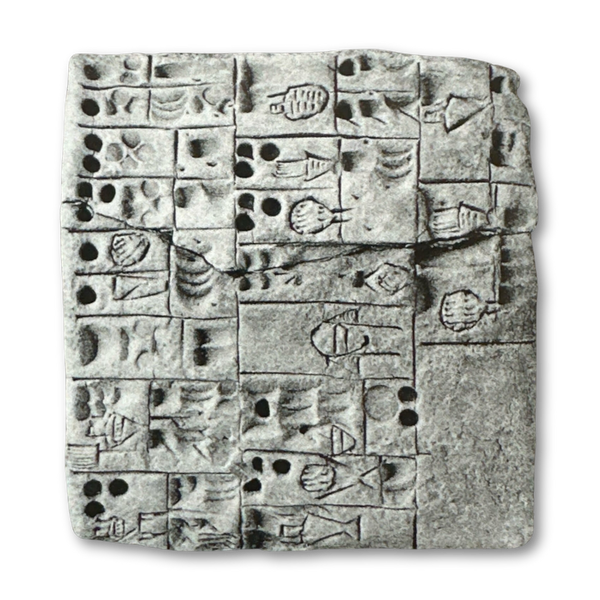
The earliest version of cuneiform wasn't used to write language at all—it was used to count! And that Sumerian system of counting still influences our counting systems today. Here's the story of Sumerian numerals.
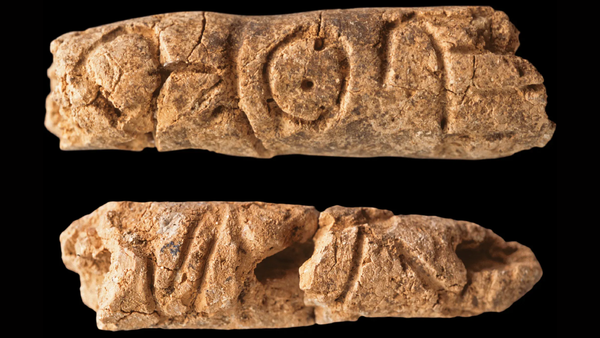
Also this week: Researchers determine that bees understand morse code + ⅓ of grammatical universals stand up to rigorous testing

Is it pointless to speak to children before they start speaking themselves?

How the spelling of “longevity” is playing a mental trick on you
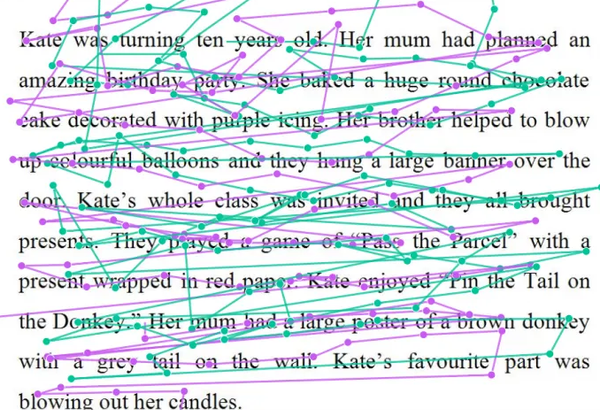
Also this week: AI models can now analyze language as well as humans + The first monolingual Irish dictionary is published
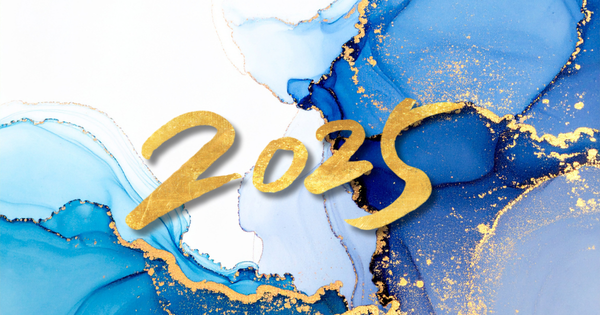
A look back at the first year of the newsletter, and what’s changing in 2026

Also in the news this week: Merriam-Webster chooses “slop” as the 2025 Word of the Year; Gaelic and Scots now recognized as official languages in the UK; and Canada’s prime minister called out for using British spellings

Also this week: The California Language Archives receives a treasure trove of new materials on Pomoan languages. Here's what happened this week in language and linguistics.
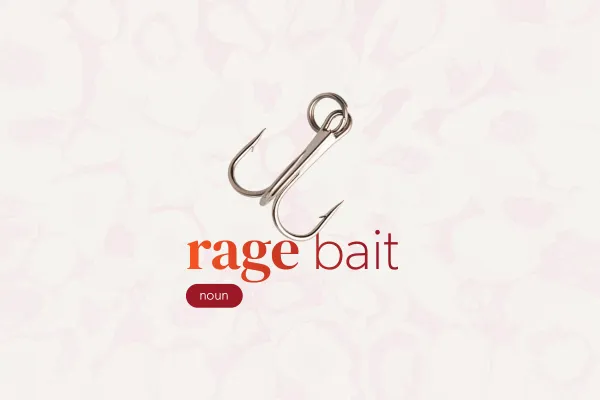
Also this week: Whales are found to use “vowels” + 6,000-year-old Mesopotamian seals linked to the dawn of writing

In defense of Dictionary.com’s 2025 Word of the Year
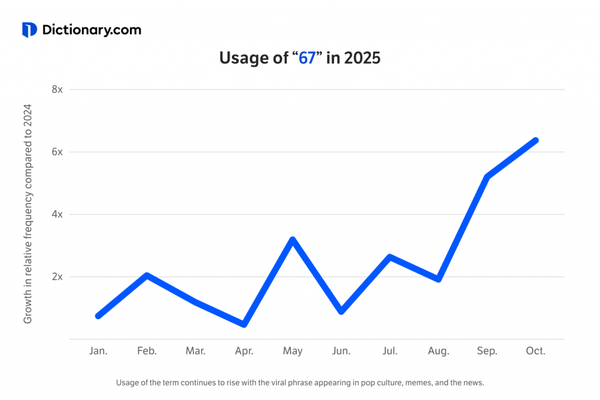
Also this week: Turkic states agree on a common Latin alphabet; and researchers decode Mandarin Chinese from brain activity

Join League of the Lexicon game creator Joshua Blackburn as he follows the threads of his curiosity about keyboards
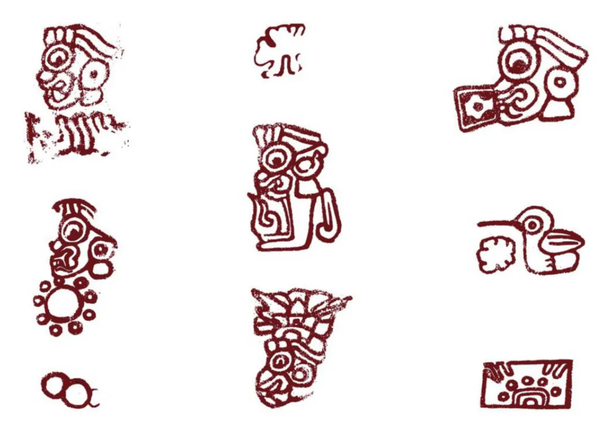
Also this week: How technological advances in language modeling have allowed researchers to develop speech recognition technology even for small, endangered languages